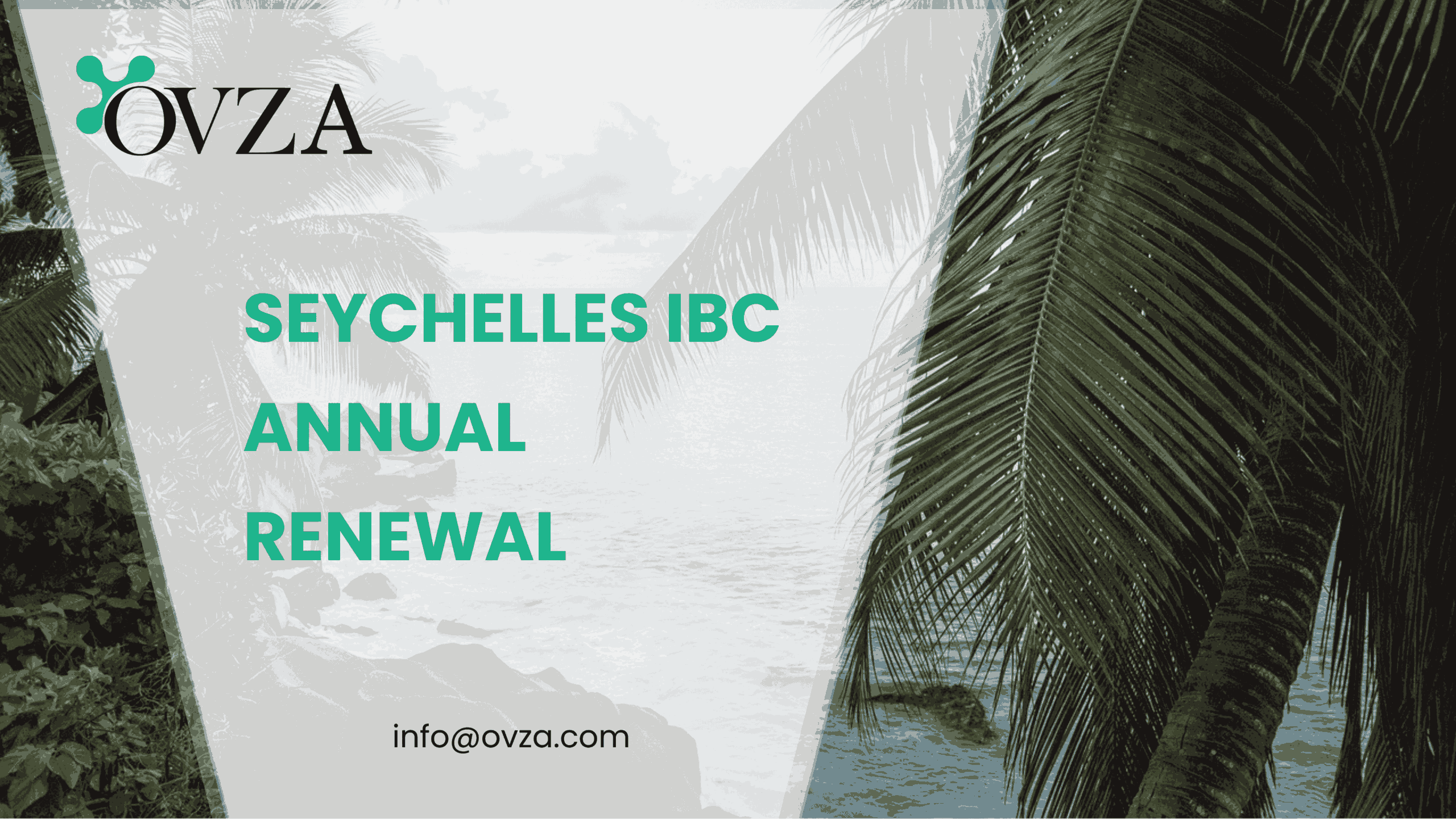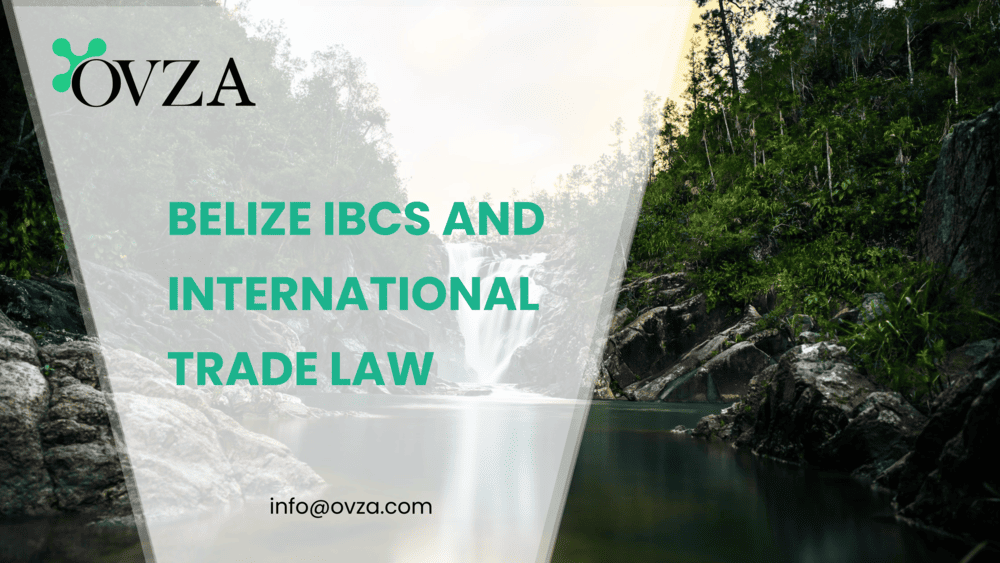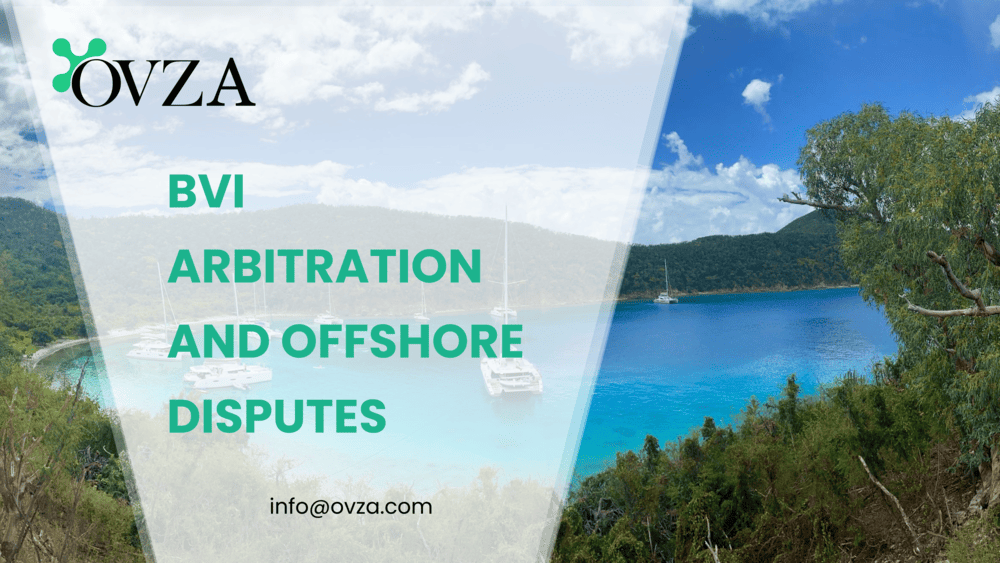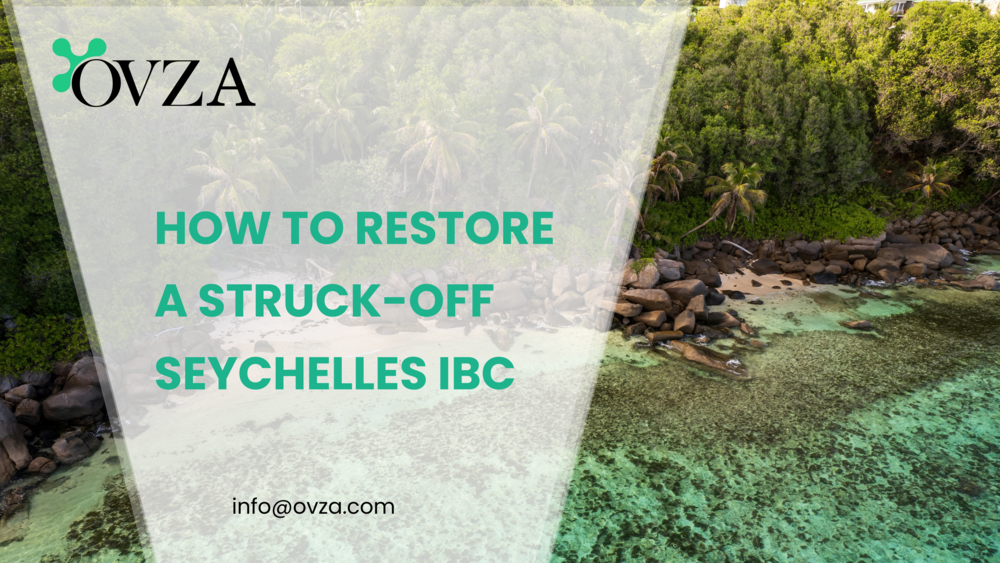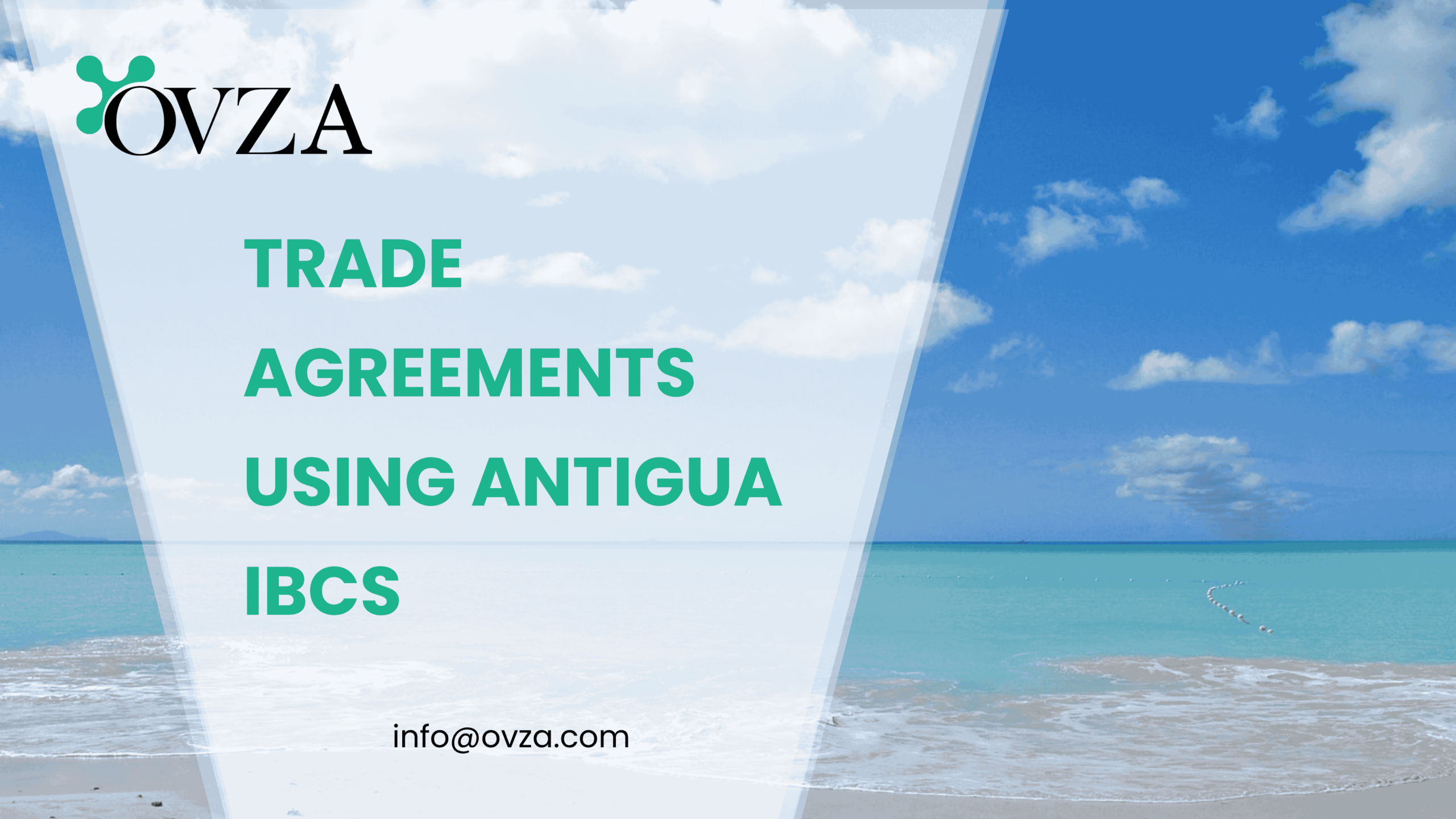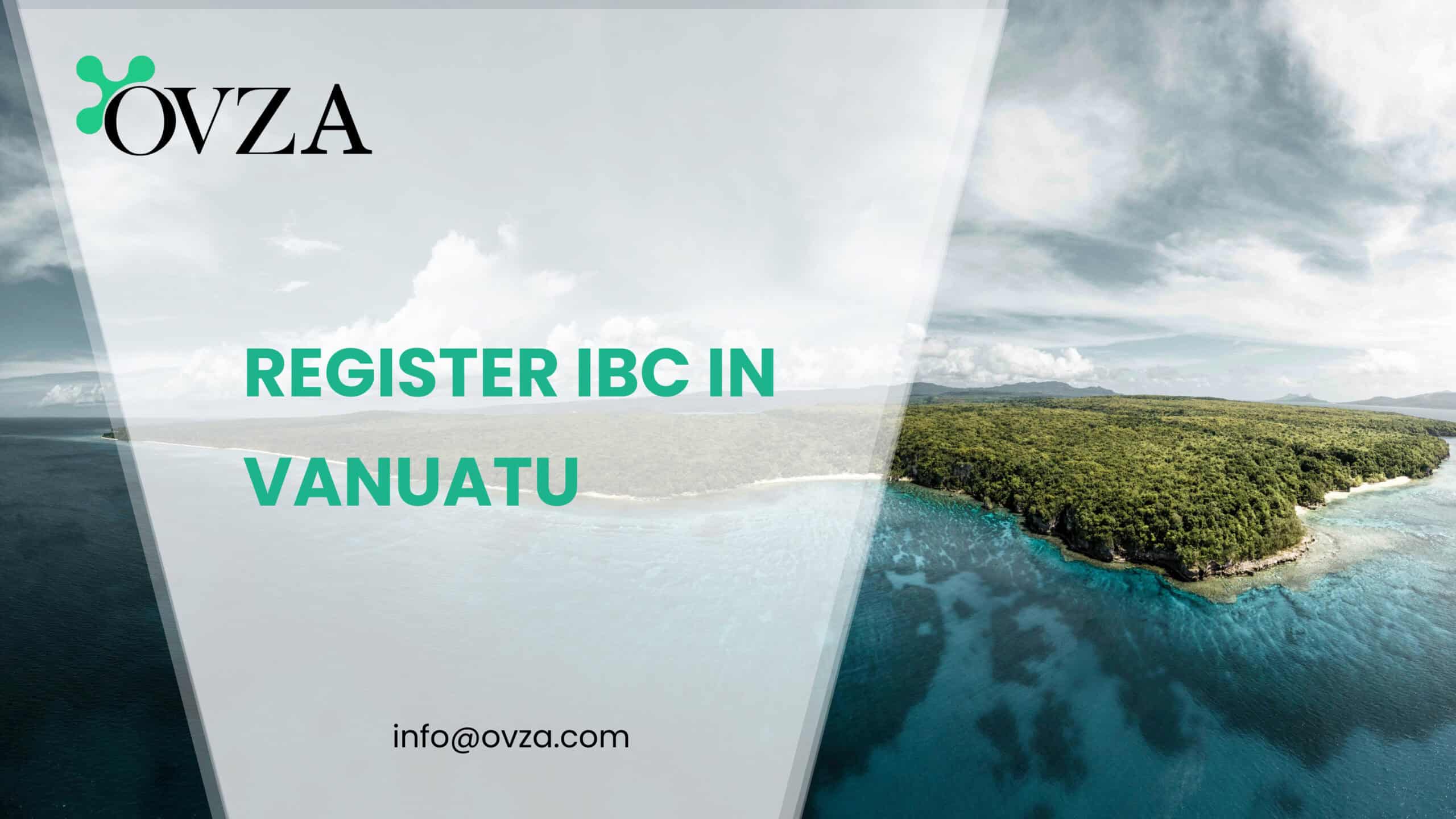Most offshore company setups require only two notarised documents: your passport and proof of address.
Setting up an offshore company is often much easier than people expect — especially when working with experienced service providers. While the idea of “offshore” may sound complex or heavily regulated, the actual documentation required to register a company is relatively light in most jurisdictions.
Whether you’re a consultant, digital entrepreneur, or business owner expanding globally, the first step is always due diligence — and that means preparing the right documents.
Standard Documents Required
Across nearly all jurisdictions where OVZA operates — such as Belize, Seychelles, the British Virgin Islands, Cayman Islands, and Marshall Islands — the requirements are remarkably consistent. To register an offshore company, you typically only need two notarised documents:
- A notarised copy of your passport, to confirm your identity
- A notarised proof of residential address, such as a utility bill or bank statement, issued within the last 90 days
These two items are sufficient for most offshore company registrations and are used to meet global anti-money laundering (AML) and Know Your Customer (KYC) obligations.
However, in a few specific jurisdictions — namely Antigua and Barbuda, St. Kitts and Nevis, and St. Vincent and the Grenadines — additional requirements apply. In these cases, clients are also asked to provide professional reference letters, often issued by a lawyer, accountant, or bank, confirming the client’s integrity and business background. These are older, more traditional banking jurisdictions and typically follow enhanced due diligence protocols.
Why Do Documents Need to Be Notarised?
Notarisation serves as legal verification that the copies you provide are true and accurate representations of the original documents. Offshore service providers are required to ensure that all submitted documents are authentic — and notarisation is the internationally accepted standard for doing so.
Without notarisation, a passport or utility bill may not be accepted, even if the image is clear and details are readable. Notarised documents provide assurance to both the registered agent and regulators that they are not dealing with forged, altered, or expired papers.
Why KYC, Notarisation, and Compliance Matter in Offshore Registrations
While most offshore jurisdictions only require two documents — a notarised passport and proof of address — those documents serve purposes far beyond identification. Offshore company registration exists within a strict compliance framework, and understanding that framework is essential if you want to avoid delays, rejections, or legal complications.
The Role of KYC in Offshore Company Formation
KYC — or Know Your Customer — is the backbone of modern offshore regulation. It requires every licensed agent or service provider to verify exactly who is behind the company being formed. This includes confirming the identity, residential address, and in some cases the business background or source of funds of the beneficial owner.
Even in jurisdictions with light-touch taxation and minimal reporting — like Belize, Seychelles, or the BVI — regulators still require that companies are not being used for anonymous or unlawful activity. That’s why even a simple offshore company invoice, international wire transfer, or bank application will only go through if the KYC documentation is in order.
At OVZA, we don’t treat KYC as a formality. We guide clients step by step to ensure their submissions are not just complete — but also compliant across jurisdictions. For example, if your name on the passport doesn’t exactly match the address document, or if your utility bill is more than 90 days old, that can trigger a rejection or delay. Our team pre-reviews every document to prevent that.
Why Documents Must Be Notarised
Notarisation is required because it creates a legally verified copy of your original document. This is important because most offshore jurisdictions accept digital submissions, but they must still be able to prove to regulators that they know who they’re dealing with. A notarised passport, for example, assures the registered agent that the ID is not forged, altered, or expired — and that a qualified notary has verified it.
Similarly, a notarised proof of address confirms your residency and jurisdictional background. That’s critical in jurisdictions that offer tax neutrality — they must be able to show that you, the beneficial owner, are not a local resident and that the offshore company is being used properly under international norms.
In certain jurisdictions (such as Antigua, St. Kitts, and St. Vincent), notarised documents alone aren’t enough. These countries often require reference letters from banks, accountants, or lawyers who can vouch for your business integrity and source of funds. These references serve as an extra layer of due diligence — something that’s increasingly common in jurisdictions with tighter banking oversight.
Offshore Doesn’t Mean Anonymous
The idea that offshore companies are anonymous is outdated — and frankly, dangerous if misunderstood. Today’s offshore jurisdictions must comply with FATF recommendations, CRS (Common Reporting Standard), and AML enforcement treaties. This means that even though offshore companies may enjoy tax advantages and regulatory flexibility, they still operate in a transparent, rule-based environment. Today, offshore companies are private, not anonymous.
By understanding why documents matter — and ensuring they’re prepared properly — you avoid the frustration of rejections and build a structure that holds up under scrutiny. Offshore is still a powerful tool, but only when it’s done right.
Conclusion
Registering an offshore company isn’t complicated — but it does require precision. While most jurisdictions only ask for a notarised passport and proof of address, those two documents carry significant legal and compliance weight. They’re not just paperwork — they’re your entry point into a global business structure that must meet international standards.
Whether you’re setting up in a fast-track jurisdiction like Seychelles or navigating the more detailed requirements in Antigua or St. Kitts, getting your documents right from the start is critical. Notarisation, KYC, and jurisdictional compliance are the foundation of a stable, functional offshore company.
Disclaimer: The information provided on this website is intended for general reference and educational purposes only. While OVZA makes every effort to ensure accuracy and timeliness, the content should not be considered legal, financial, or tax advice.




